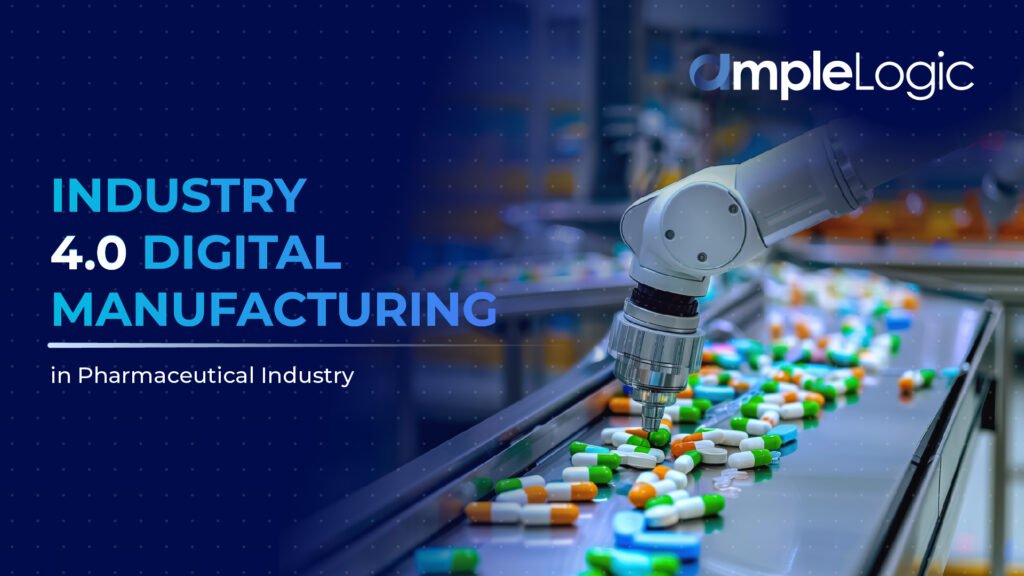
In the pharmaceutical industry, maintaining data integrity is crucial to ensure product quality, patient safety, and regulatory compliance. Data integrity refers to the accuracy, consistency, and reliability of data throughout its lifecycle. Electronic logbooks play a vital role in maintaining data integrity by providing a secure, traceable, and efficient means of recording, storing, and managing critical data.
Understanding Data Integrity
In the world of making medicines, it’s really important to keep data safe and accurate. Imagine if every pill, every mix, and every test result were exactly right and couldn’t be changed. That’s not just a nice idea, it’s super necessary to make sure medicines are safe and work well.
Data integrity refers to the completeness, accuracy, and consistency of data, which must be attributable, legible, contemporaneously recorded, original, and accurate (often summarized by the acronym ALCOA). It ensures that data is reliable and trustworthy, supporting sound decision-making and regulatory compliance. It also means making sure all the info we have about medicines is real and trustworthy. It’s like the backbone of our healthcare system. It’s not just about following rules; it’s about making sure people can trust the medicines they take.
If we don’t take good care of our data, things can go wrong. Mistakes in data can lead to bad decisions, getting in trouble with the rules, and worst of all, putting patients at risk. It’s not just about doing what we’re supposed to; it’s about keeping people safe and healthy.
The Role of Electronic Logbooks
In today’s digital world, electronic logbook are like the main tool for organizing data smoothly. They offer lots of advantages that old-fashioned pen-and-paper methods just can’t match. With electronic logbooks, we say goodbye to piles of paper and doing everything by hand. Instead, we get a new way of working that’s faster, more accurate, and follows the rules better.
Basically, electronic logbooks are a central place to keep track of important stuff, like when things are made or when machines need fixing. By doing things digitally, organizations can make fewer mistakes, see what’s happening right away, and get more work done.
Plus, electronic logbooks are helpful for following regulations, especially in industries like medicine where regulations are stringent. They have features to keep data safe, make it easy to check what’s been done, and let organizations create reports that show they’re following the rules properly.
Here's how electronic logbooks help pharmaceutical companies ensure data integrity:
- Data Security and Access Controls:Electronic logbooks employ robust security measures, such as user authentication, role-based access controls, and data encryption, to protect data from unauthorized access and manipulation. This helps maintain data integrity by ensuring that only authorized personnel can view, edit, or delete data.
- Audit Trails:Electronic logbooks provide detailed, timestamped audit trails that capture all changes made to the data, including the identity of the user who made the change and the reason for the change. This facilitates traceability and accountability, making it easier to detect and investigate potential data integrity issues.
- Data Validation and Error Checking:Many electronic logbook solutions offer built-in data validation and error-checking features, such as range checks, mandatory fields, and automated calculations. These features help prevent errors and inconsistencies in data entry, improving data accuracy and integrity.
- Electronic Signatures:Electronic logbooks support the use of electronic signatures to verify and authenticate records, ensuring that only authorized personnel approve critical data. This strengthens data integrity and complies with regulatory requirements, such as FDA 21 CFR Part 11.
- Data Backup and Archiving:Electronic logbooks ensure data integrity by providing secure, automated data backup and archiving features. This helps prevent data loss due to system failures, human errors, or disasters, ensuring that critical data remains accessible and reliable over time.
- Regulatory Compliance:Electronic logbooks are designed to meet the data integrity requirements of various regulations and guidelines, such as FDA 21 CFR Part 11, EU GMP Annex 11, GAMP 5. By using electronic logbooks, pharmaceutical companies can demonstrate their commitment to data integrity and improve their compliance posture.
- Keeping Things Secure: One of the biggest perks of electronic logbooks is their ability to keep our data secure. With cyber threats lurking around every corner, it’s more important than ever to have robust security measures in place.
Conclusion
Electronic logbooks play a vital role in ensuring data integrity in pharmaceutical manufacturing by providing robust security, traceability, accuracy, and compliance with regulatory requirements. Implementing an electronic logbook solution can help pharmaceutical companies improve their data management practices, reduce the risk of data integrity issues, and ultimately deliver safe and effective products to patients.





















